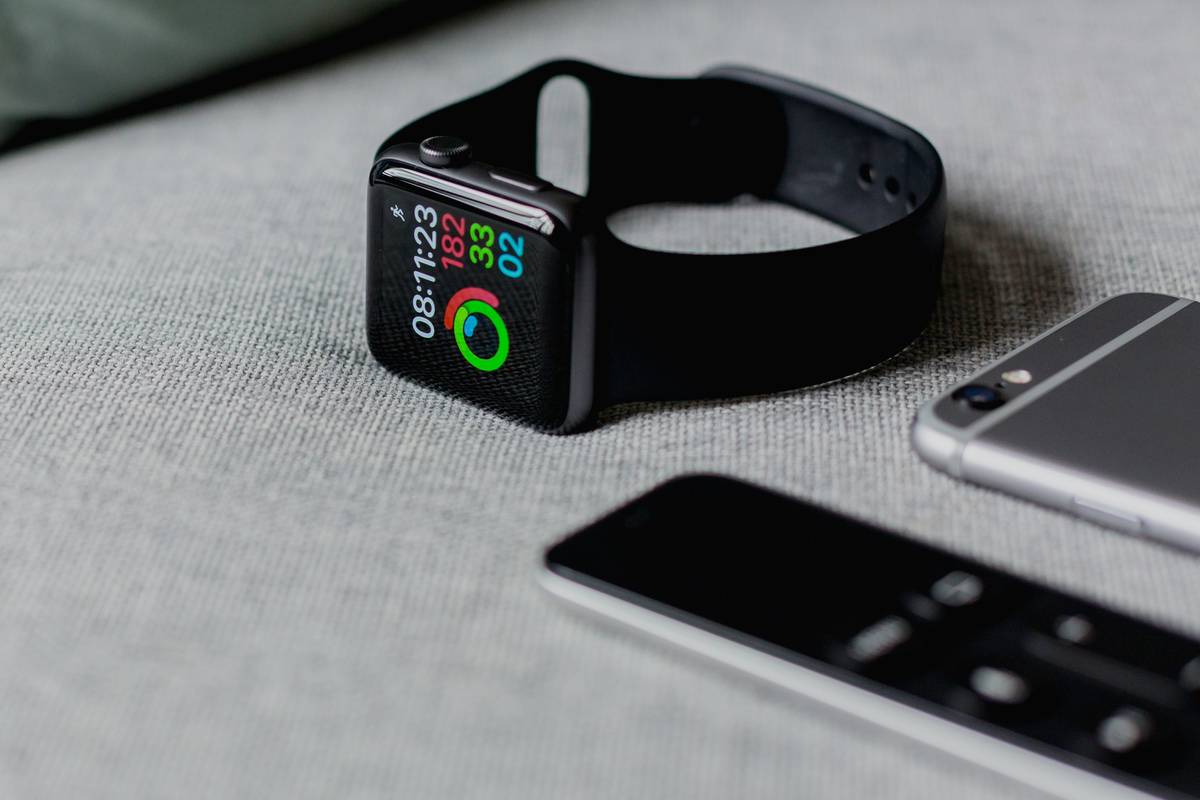Ever felt like you’re drowning in spreadsheets while trying to analyze wellness trends? Yeah, us too. Whether you’re managing productivity metrics or diving into user engagement stats, the sheer volume of research data can be overwhelming.
This post will guide you step-by-step through mastering a research data system, ensuring your health and wellness apps stay ahead of the curve. You’ll learn why it matters, how to implement one effectively, and which tools are worth their salt (or pixels).
Table of Contents
- Why Your App Needs a Research Data System
- Step-by-Step Guide to Setting Up a Research Data System
- Best Practices for Managing Your Research Data System
- Real-Life Examples of Success with RDS
- FAQs About Research Data Systems
Key Takeaways
- A robust research data system is critical for making informed decisions in app development.
- Automating data collection saves time but requires careful setup.
- Regular audits prevent outdated insights from skewing your strategies.
- User-centric design paired with proper analytics boosts retention rates significantly.
Why Your App Needs a Research Data System
I’ll never forget the time I launched an app update without double-checking our usage stats—it was like serving kale smoothies at a carnivore convention. Ouch.
The truth is, if you’re not leveraging a solid research data system, you might as well throw darts blindfolded. Here’s what happens when you ignore this:
- Poor decision-making based on gut feelings instead of hard data.
- Wasted resources chasing irrelevant features or markets.
- Dismal retention rates because users feel ignored.

Step-by-Step Guide to Setting Up a Research Data System
Step 1: Define What You Want to Measure
Optimist You: “Let’s measure everything!”
Grumpy You: “Yeah, good luck with that.”
Instead, focus on actionable KPIs like daily active users, session duration, or churn rate—things tied directly to success.
Step 2: Choose the Right Tools
Not all systems are created equal. Look for platforms that integrate seamlessly with your stack and offer scalable solutions. Think Mixpanel, Amplitude, or Firebase Analytics.
Step 3: Automate Data Collection
Sounds great, right? Except automation only works if configured correctly. Test relentlessly before going live.
Step 4: Visualize Your Findings
Numbers alone won’t cut it. Use dashboards (like Google Data Studio) to turn raw data into visual stories anyone can understand.

Best Practices for Managing Your Research Data System
- Keep It Clean: Regularly clean out junk data; it’s like decluttering your digital closet.
- Stay Updated: Trends change faster than TikTok dances. Keep evolving your system accordingly.
- Avoid Silos: Ensure teams share access to avoid information black holes.
- Document Everything: Write down processes so new hires don’t reinvent the wheel.
Rant Alert:
“Why do people think slapping random numbers onto slides makes them look smart?! Context is king.” – Anon Dev
Real-Life Examples of Success with RDS
Remember Calm, the meditation app that soared during quarantine? They crushed it by personalizing content using advanced research data systems. Users loved feeling understood—not marketed to.
Another win? MyFitnessPal. By tracking food intake patterns across demographics, they tailored meal plans to niche audiences, boosting satisfaction big-time.
FAQs About Research Data Systems
Is there such thing as ‘too much data’?
Yes! Collecting unnecessary info just bogs you down. Stick to what moves the needle.
Can small apps afford sophisticated RDS?
Absolutely! Free tools like Google Forms + Sheets combo can get you started without breaking the bank.
How often should I audit my RDS?
Quarterly minimum—but monthly is ideal for keeping pace with industry shifts.
Conclusion
So there you have it—a crash course on dominating with a research data system. Remember: Done right, these systems aren’t just nerdy back-end stuff—they’re keys to creating healthier, more productive lives via top-notch apps.
Now go forth and conquer those charts! Or don’t… but please don’t come crying when competitors lap you.
Like flipping open your Razr phone circa ’05, handling research data well feels oddly nostalgic yet revolutionary. Chef’s kiss!
Numbers lie unless told properly,
Insights bloom where clarity lingers,
Grow and thrive with data mastery.


